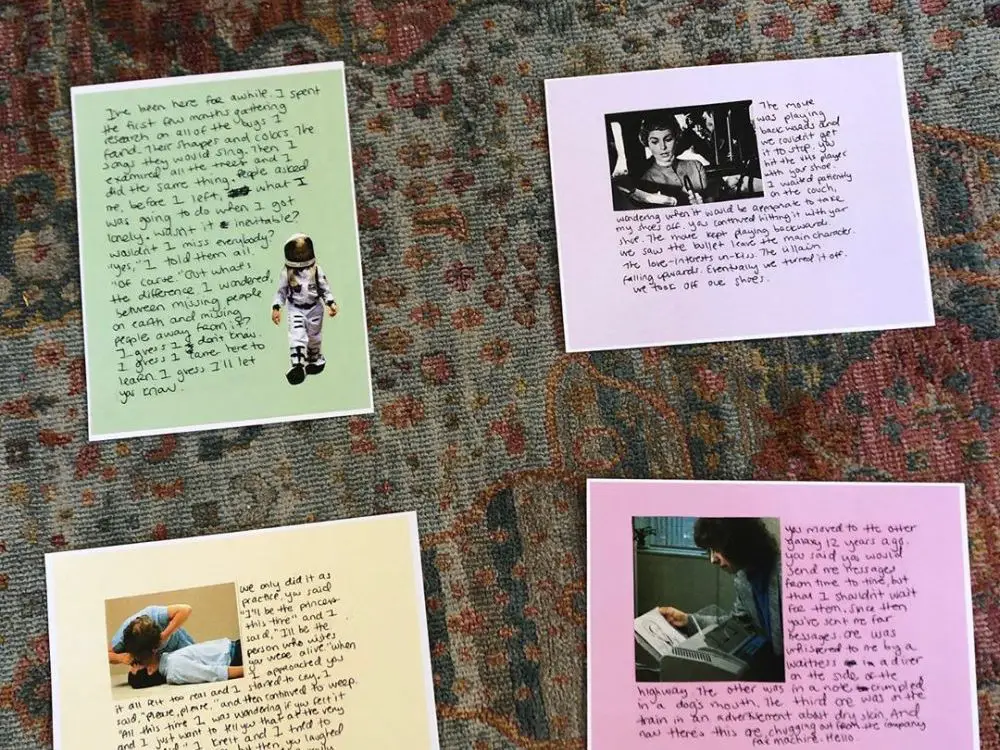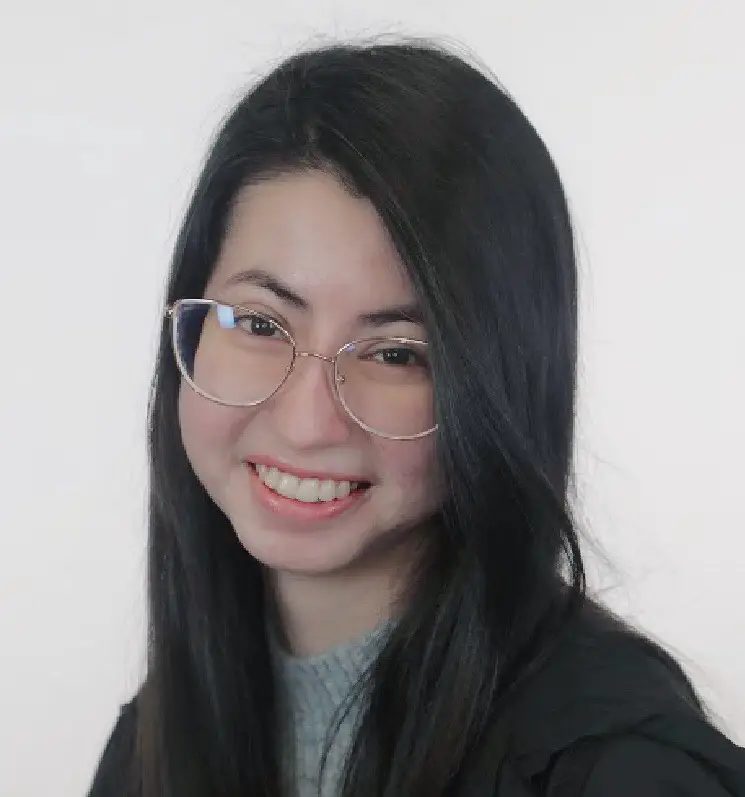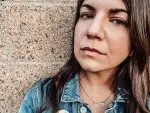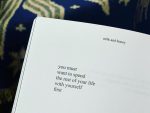Instagram poetry has been the subject of debate among literary critics, writers and poetry fans for the past few years. Instagram poetry is usually categorized by its short and simple sentences, a minimal aesthetic that makes it “Instagram worthy” and, arguably, its ability to create emotional impact in a small amount of words. For example, Rupi Kaur’s poem taken from her debut collection, “milk and honey” reads: “i see you / and begin grieving all over again.
Kaur, perhaps the face of Instagram poetry, has risen to success as a No. 1 New York Times Bestseller and was dubbed writer of the decade by the New Republic. The popularization of contemporary poetry has been credited to Kaur and many other Instagram poets with similar styles, like R.H Sin and Lang Leav.
https://www.instagram.com/p/B8xLOptBcnT/?utm_source=ig_web_copy_link
Instagram poetry has been praised for being accessible, easy to understand and for opening the world of contemporary poetry. However, it has also become the subject of criticism for simplifying poetry to the extreme.
With appreciation for authors like T. S. Eliot and Edgar Allen Poe, sometimes poetry lovers itch to read modern poetry, which discusses current politics, present-day feminism, sexuality and other significant issues. While contemporary poetry has become synonymous with Instagram poetry, there are still a variety of poets with styles distinguished from Instagram poetry. Here are some of them.
1. Sarah Kay
Sarah Kay is a poet known for her spoken word poetry. She has performed at the United Nations, is the founder of Project VOICE and teaches spoken-word poetry to youth. Kay believes “people find poetry when they need to.”
Her free-verse poems explore growing pains, grief, love and heartbreak as she weaves together vivid metaphors, like in her renowned poem “B,” (also known as “If I should have a daughter”) which reads: “But I want her to know that this world is made of sugar / it can crumble so easily, but don’t be afraid / to stick your tongue out and taste it.”
Kay’s poetry is empowering in a way which differs from Kaur, as her poetry tackles feminism and the difficulty of overcoming trauma. Her poetry is fluid and comforting; she tells the reader to face the world with courage and indulge in their emotions at the same time.
Kay’s work also explores the imagery of urban life using similes, as she writes about New York in “Subway,” which reads: “Next time it rains, come with me to 96th and Broadway / The subway station there has a grate with no roof / and the rainfall slips between the grating up above / and hits the tops of coming trains so that it / flies back up in all directions, / splattering the platform like a painter’s palette.”
Kay’s poems vary in length, often ranging between half a page and two pages. Her style is distinctive from Instagram poetry not only in length, but also in content. Her words craft images and stories that aren’t uncertain enough to be what the reader imagines it to be, like much of the ambiguity found in Instagram poetry. Yet, Kay’s words remain relatable, accessible and evoke emotions of encouragement and empathy.
2. Melissa Lozada-Oliva
Melissa Lozada-Oliva is the author of chapbook, “peluda”— which translates to “hairy” in Spanish. The book “explores the intersections of Latina identity, feminism, hair removal and what it means to belong.” She began to write for slam-poetry in college and currently teaches creative writing classes.
https://www.instagram.com/p/B7eL-L2hvPx/?utm_source=ig_web_copy_link
Lozada-Oliva has a powerful voice that connects to her roots, occasionally alluding to the voice of her mother, like in the poem “Mami Says Hold Still It Will Be Quick Don’t Cry” where she writes: “after all depression is an american thing / americans need a name for everything & I changed / mine before they could butcher it.”
Additionally, she uses metaphors, Spanish slang and cultural references to portray her experiences. In the poem, “You Know How To Say Arroz Con Pollo” (also known as “My Spanish”) she says, “my spanish is a puzzle left in the rain, too soggy to fit together to look just like that photograph on the box.”
Lozada-Oliva’s writing is vulnerable as she contrasts the physical and cultural expectations of Latina women in her poetry. In “Ode To Brown Girls With Bangs,” she refers to herself as “less zoey deschanel, more chilindrina,” who is an iconic Mexican television character with a nerdy, quirky appearance, who fashions oversized glasses and mismatched pigtails.
She continues: “not trying to be more white — just more loved. / just trying to find a song that is about the girl / who is always fixing, snipping away / at the bits of herself that are always becoming.”
In “I’m Sorry I Thought You Were Your Mother,” Lozada-Oliva discusses small, everyday occurrences, expressing doubt in her sense of belonging: “if you don’t understand the joke then perfecting / your american laugh if not catching / the reference then writing it down to google it.”
Like Instagram poetry, her writing is easy to follow and explores feminist empowerment. What sets her apart from the bite-sized medium is not only the length of her writing, which often stretches far beyond a page, but also her experimentation in format, like the spacing in poem “Lip/Stain/ Must/Ache.” While “peluda” discusses Latina identity, Lozada-Oliva said she wants “anyone to be able to pick up [her] book and find something in themselves in it.”
3. Chen Chen
Chen Chen is the author of two chapbooks. His debut collection is titled “When I Grow Up I Want To Be a List of Further Possibilities” and he has had his poetry featured in various literary journals. He’s also an educator and editor and has described his poetry as “braver than [he is].”
His writing discusses themes of love, family and “being a queer immigrant kid.” Pieces like “Poem in Noisy Mouthfuls” are filled with details of personal experiences that pull together larger parts of Chen Chen’s identity: “kissing a boy for the first time. / Can’t forget it. Can’t forget when my mother found out & said, / This would never have happened if we hadn’t come to this country. / But it would’ve happened, every bit as dizzy, lost, back in China.”
https://www.instagram.com/p/B8kdyPNhgAS/?utm_source=ig_web_copy_link
Chen Chen’s form is flexible: he writes free verses, couplets and often implements quatrains and tercets into his poems. He has a casual tone, but communicates strong messages, like in “I Invite My Parents to a Dinner Party,” where he invites them to dinner with his boyfriend and writes: “you will ask him things other than can you pass / the whatever. You will ask him / about him” and “I’m like the kid in Home Alone, orchestrating every movement of a proper family.”
Chen Chen is set apart from Instagram poetry in ways like Kay and Lozada-Oliva; in longer form, with stronger imagery and specific, personal content, inviting the reader to look into the poets’ narratives.
These poets have distinguished themselves from Instagram poetry by allowing their writing to be vulnerable, crafting pieces that maintain a contemporary voice and using a variety of literary devices to tell their stories. They do not write pieces to be read quickly and forgotten, instead, their poetry is to be digested and read with time. Kay, Lozada-Oliva and Chen Chen’s poetry use their experiences to explore overlapping identities, write on their struggles and leave an impression about what it means to be human.

















